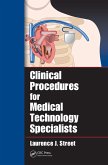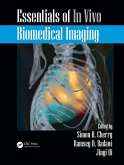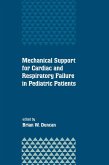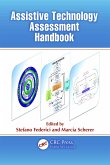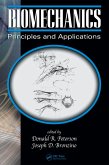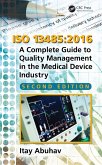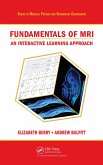Biomimetics is the idea of creating new technologies abstracted from what we find in biology. This book seeks that technological inspiration from the rich biodiversity of marine organisms. Bringing both a biological and engineering perspective to the biomimetic potential of oceanic organisms, each chapter of this richly illustrated book explores an area where we, as divers and technologists, can benefit from understanding how animals survive in the sea, presenting case studies that demonstrate how natural solutions can be applied to mankind's engineering challenges.
Dieser Download kann aus rechtlichen Gründen nur mit Rechnungsadresse in A, B, BG, CY, CZ, D, DK, EW, E, FIN, F, GR, HR, H, IRL, I, LT, L, LR, M, NL, PL, P, R, S, SLO, SK ausgeliefert werden.



